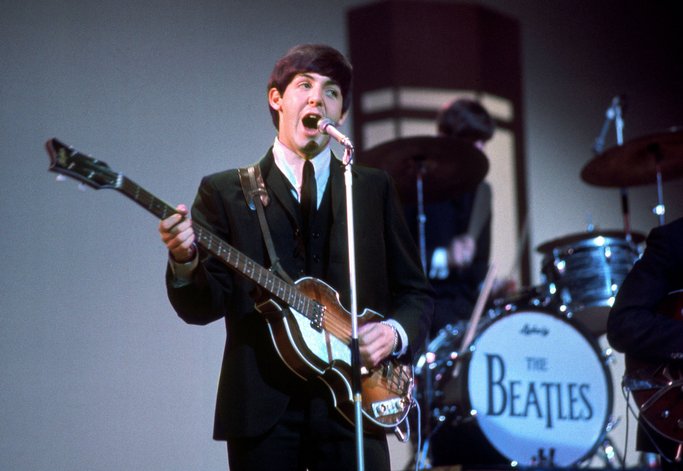Amid rapid shifts in attitudes to class, race, gender and sexuality, the Swinging 60s was a tumultuous decade of unrelenting change and pioneering originality. Shaking off years of stifling moral attitudes and restrictive social norms, musicians collectively ushered in a whole new era of anti-establishment dissent and boundary-pushing sonic experimentalism, with protest songs and free-love anthems alike celebrating nonconformity and venerating the outsiders, the mavericks and the misfits. The best 60s albums prove that the decade truly was a golden age for music as, across a range of genres, forward-thinking artists challenged the status quo and created timeless classics that stand the test of time…
Listen to our Rock Classics playlist here, and check out our best 60s albums, below.
20: Aretha Franklin: ‘I Never Loved A Man The Way I Love You’ (1967)
Proving the power of soul music like few other female singers before her, Aretha Franklin’s I Never Loved A Man The Way I Love You was the first album she released after signing with Jerry Wexler’s Atlantic Records. Opening the record with her definitive cover of Otis Redding’s Respect, “The Queen Of Soul” reinterpreted the song as a feminist anthem that doubled up as an exuberant celebration of her newfound creative freedom on the label, forever ensuring its place among the best Aretha Franklin songs of all time.
Unsurprisingly, the rest of the album is a near-perfect summation of Franklin’s mastery of gospel, R&B and even rock’n’roll, as on her self-penned Dr Feelgood (Love Is A Serious Business) and the rip-roaring vocal outburst of Save Me. A milestone in soul music’s ascendancy, I Never Loved A Man The Way I Love You stands proudly as a testament to Aretha Franklin’s peerless voice.
Must hear: Respect




